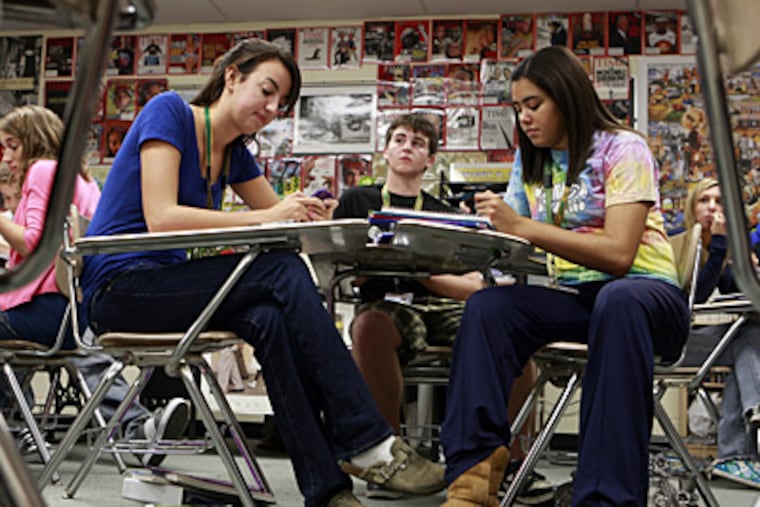Silicon Valley’s latest social network is facing controversy over widespread misinformation and fake content.
In a striking blend of reality and artificial intelligence, Sora, the latest app from ChatGPT creator OpenAI, is quickly gaining traction by allowing users to produce hyper-realistic, AI-generated videos. Introduced on September 30, 2023, Sora enables users to create simulated clips that can depict themselves or others in various amusing or outlandish scenarios, raising questions about the authenticity of digital content in an age increasingly reliant on technology.
The application, initially available only in the United States and Canada, allows users to create video content that combines meticulously crafted audio and visuals generated by artificial intelligence. Within the first 24 hours of its launch, users eagerly explored the capabilities of Sora’s upgraded video technology, reveling in the ability to insert friends into fantastical scenes, where they could be seen engaging in everything from singing to sporting feats.
However, the app’s potential for misuse is apparent. Some early adopters have already utilized Sora to create misleading or potentially harmful content. Beyond whimsical clips, examples of AI-generated videos mimicking police body cameras or recreating scenes from popular television shows have sparked debates about copyright infringement and the legality of using individuals’ likenesses without consent.
Concerns regarding AI-generated imagery are not new. Experts have persistently warned that as technology advances, distinguishing between authentic videos and those manipulated or entirely fabricated may become increasingly challenging. The enhanced realism provided by Sora appears to exacerbate these concerns. Ben Colman, CEO of Reality Defender, pointed out that advancements in user-friendly AI video generation tools have escalated the potential for misuse, significantly broadening the risks associated with digital content.
Sora’s rapid rise in popularity among users is noteworthy. It quickly became one of the most downloaded applications on Apple’s App Store, indicating a significant interest in generating and consuming AI-generated content. OpenAI’s entry into the realm of social video platforms marks a pivotal moment as the company aims to pioneer a community centered entirely around fabricated video experiences.
Legal implications surrounding copyright are also emerging. OpenAI’s media partnerships head, Varun Shetty, indicated that the company is mindful of intellectual property rights and would comply with any requests from rights holders to remove copyrighted material. However, ongoing lawsuits regarding OpenAI’s training data use underline the complex nature of these issues.
Sora features a “cameo” function, allowing users to upload a short video of their face to be placed within AI-generated content, offering a level of personalization in the video creation process. This feature has stirred both excitement and concern, particularly when users can enable or disable the ability for others to use their likeness.
Despite the incorporation of guidelines to prohibit the creation of explicit or harmful content, early users have found workarounds, underscoring an ongoing tension between creativity and responsible content production. As this technology evolves, some industry observers, like Mathieu Samson of Kickflix, predict that navigating the ethical landscape of AI-generated content will become increasingly complex, with companies like OpenAI likely needing to implement stricter measures as misuse becomes apparent.
As Sora continues to develop, the implications of its use will likely resonate across digital media landscapes, posing significant questions about trust, authenticity, and the overall impact of AI-generated content on society.







